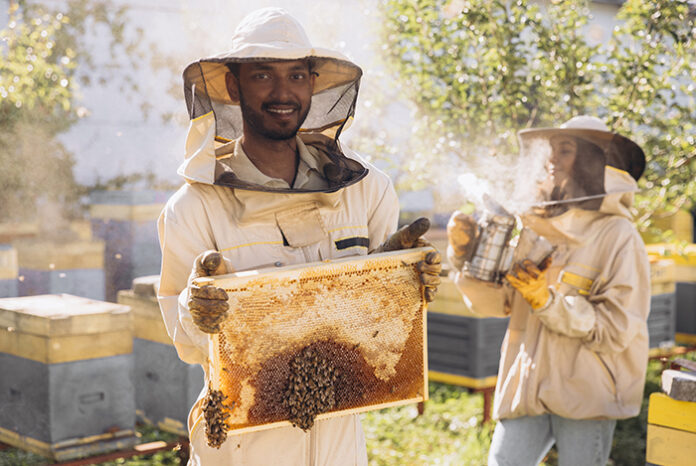
Progress and Current Status
As of 2024, Ontario has made significant strides in protecting pollinators, thanks to the initial restrictions placed on neonicotinoids. By 2017, 80% of fields previously treated with neonic-treated seeds were transitioned away from using these harmful pesticides. Farmers who still use neonics must adhere to strict qualifications under the Pesticides Act, ensuring minimal and controlled usage.
Ontario’s pioneering efforts in North America set a precedent for other regions, leading to broader awareness and additional policies aimed at protecting pollinators. However, the fight against pollinator decline is multifaceted. Alongside pesticide reduction, other measures have been implemented to address threats from habitat loss, climate change, and disease.
Recent studies have shown that bee mortality rates have decreased, with some areas reporting losses as low as 15%, meeting the government’s initial target. This improvement is attributed to integrated pest management practices, increased habitat conservation, and ongoing research into pollinator health.
Individual Contributions
While government policies have paved the way for larger-scale change, individual actions remain crucial. Over the past decade, public awareness and involvement in pollinator protection have grown. Here’s what you can continue to do to support this cause:
Plant Native Flowers: Cultivating a diverse array of native plants provides vital resources for pollinators year-round.
Reduce Pesticide Use: Opt for organic or natural pest control methods to minimize harm to pollinators.
Create Pollinator Habitats: Set aside areas in your garden for wildflowers and install bee houses to offer safe nesting sites.
Support Local Agriculture: Purchase from local farmers who employ sustainable, pollinator-friendly practices.
Educate and Advocate: Raise awareness about the importance of pollinators and support policies that protect their habitats.
Engage in Citizen Science: Participate in initiatives that track pollinator health, contributing valuable data to conservation efforts.
Support Conservation Organizations: Donate to or volunteer with groups dedicated to preserving pollinator populations.
Looking Ahead
As we look to the future, the collective effort of governments, scientists, farmers, and individuals is vital to sustain and enhance pollinator populations. Ontario’s journey over the past decade highlights the impact of concerted action and the ongoing need for vigilance and innovation in protecting these essential creatures.
Continued research and adaptive management strategies will be essential in addressing emerging threats and ensuring that pollinators can thrive in a changing world. By working together, we can build a resilient environment where bees and other pollinators continue to play their crucial role in our ecosystems and food systems.











